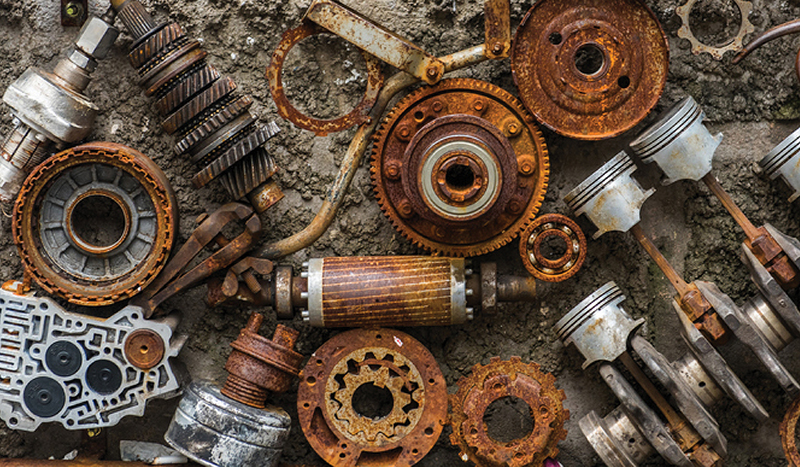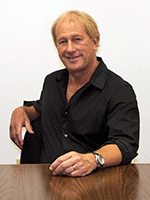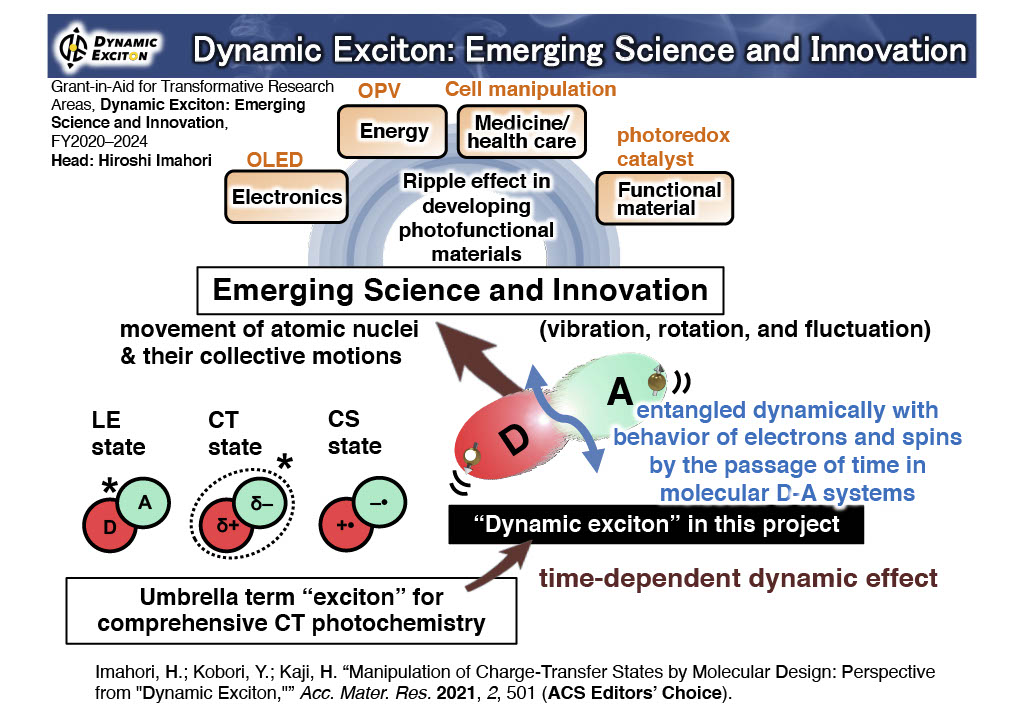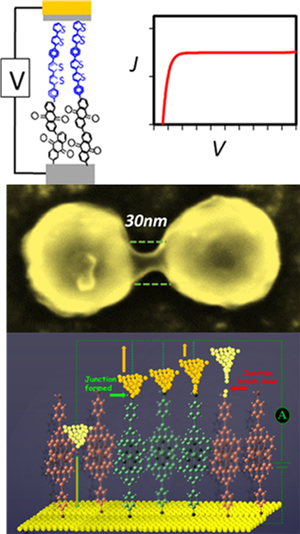 Topic Close-up #3
Topic Close-up #3
Symposium C01: Corrosion General Session
 Topic Close-up #3
Topic Close-up #3Symposium C01: Corrosion General Session
 The Development of Ultra-Thin Highly Conductive Glass Separators for Next Generation Solid-State Batteries
The Development of Ultra-Thin Highly Conductive Glass Separators for Next Generation Solid-State BatteriesThe ECS New England Section presents a free webinar on October 26, 2021, with Dr. Steve Visco (CEO & CTO, PolyPlus Battery Company) during the section’s regular Zoom meeting. The talk is co-hosted with the Northeastern University Center for Renewable Energy (NUCRET).
Speaker: Steve Visco
PolyPlus Battery Company
Date: October 26, 2021
Schedule
1830h ET Check in, Social
1835-1915h ET Talk by Dr. Steve Visco
1915h ET Q&A, Discussion
1930h ET Adjourn
Price: Free
During his ECS Masters Interview at the 2016 ECS PRiME Meeting, John Goodenough vulnerably disclosed that as a child, he had dyslexia and could not read like others his age. He described leaving home at the age of 12 for an affluent boarding school as a struggling scholarship student. Stories were shared about life events that led John on the path of science and discovery, as well as the individuals who supported and guided him along the way. And when asked about the dissemination of scientific content, John imparted his belief that scholarly societies are essentially in the business of fostering partnerships to serve the community at large. He emphasized the role of societies in creating space to convene the community to further scientific advancement.
The editorial teams of the ECS Journal of Solid State Science and Technology and Journal of The Electrochemical Society have come together in the spirit of this belief. They are publishing a focus issue comprised of 80+ select invited papers celebrating and honoring the life, legacy, and contributions of beloved professor and longtime ECS member Dr. John B. Goodenough.
The full issue is scheduled to be available in May 2022—just two months before John’s 100th birthday.
 Topic Close-up #2
Topic Close-up #2Symposium I06: Heterogeneous Functional Materials for Energy Conversion and Storage 3
 Topic Close-up #1
Topic Close-up #1Symposium B07 – Light Energy Conversion with Metal Halide Perovskites, Semiconductor and Organic Nanostructures, Inorganic/Organic Hybrid Materials, and Dynamic Exciton
We are pleased to announce the winners of the 240th ECS Meeting Polymer Electrolyte Fuel Cells & Electrolyzers (PEFC&E) symposia-funded best poster and presentation awards!
Every meeting, ECS presents several awards of this type through the generous funding of individual symposium sponsors. Please take a moment to help celebrate the excellent work of the authors listed below.
If you missed the opportunity to view these presentations, there is still time! All presentations are accessible until November 7, 2021. Pre-registration is required.

ECS is set to participate in its sixth International Open Access Week, an annual event organized by SPARC, the Scholarly Publishing and Academic Resources Coalition. From October 25-31, ECS will take down the paywall to the entire ECS Digital Library, making over 165,000 scientific articles and abstracts free and accessible to everyone.
This year’s theme, “It Matters How We Open Knowledge: Building Structural Equity,” supports ECS’s long-term vision of Free the Science by providing access to all in order to further advance the research—and echoes the Society’s commitment to Diversity, Equity, and Inclusion in scholarly publication. The research published in ECS’s publications directly addresses the sustainability of the planet. Electrochemistry and solid state science continue to hold the keys to innovation in renewable energy, biomedical applications, water and sanitation, communications, transportation, technology, infrastructure, and beyond. (more…)
In the Annual Open Call Funding Announcement (FOA), the U.S. Department of Energy (DOE) announced up to $400 million in funding for a range of research opportunities to support DOE’s clean energy, economic, and national security goals. The DOE Office of Science’s funding priorities include:

Raphaële J. Clément
Professor
Materials Department
University of California, Santa Barbara, U.S.
Date: October 27, 2021
Time: 1300h ET
Sponsors: Hiden Analytical, Royal Society of Chemistry, American Chemical Society Materials Letters, JEOL USA, Inc.
The development of next-generation solid state ion conductors hinges on an understanding of microscopic diffusion mechanisms and the identification of roadblocks along macroscopic diffusion pathways (e.g., intragrain defects and grain boundaries). (more…)
 The ECS Journal of Solid State Science and Technology is publishing a focus issue on molecular electronics. It also includes selected papers from the 10th International Conference on Molecular Electronics held from November 29–December 2, 2021, in Lyon, France. The first International Conference on Molecular Electronics (ElecMol) was organized in 2004. Three successful conferences in 2004, 2005, and 2006 led to scheduling this event biennially. Molecular electronics is a widely interdisciplinary field at the frontiers of chemistry, physics, biology, electronics, and their many interfaces. The design and use of electronic components and devices at the nanometer scale stands as a major challenge for the near future.
The ECS Journal of Solid State Science and Technology is publishing a focus issue on molecular electronics. It also includes selected papers from the 10th International Conference on Molecular Electronics held from November 29–December 2, 2021, in Lyon, France. The first International Conference on Molecular Electronics (ElecMol) was organized in 2004. Three successful conferences in 2004, 2005, and 2006 led to scheduling this event biennially. Molecular electronics is a widely interdisciplinary field at the frontiers of chemistry, physics, biology, electronics, and their many interfaces. The design and use of electronic components and devices at the nanometer scale stands as a major challenge for the near future.
This virtual issue focuses on papers covering the following topics:
Reviews, critical reviews, and perspective papers are welcomed. (more…)